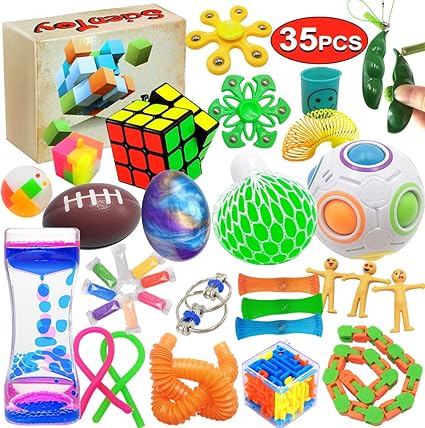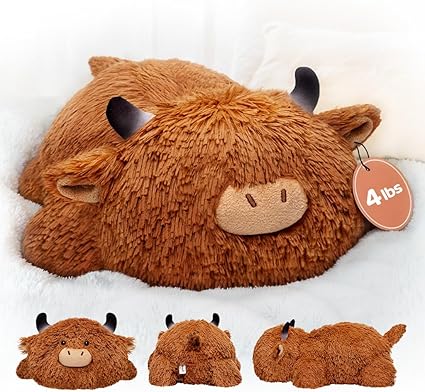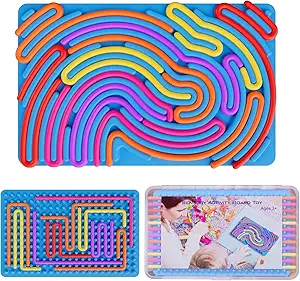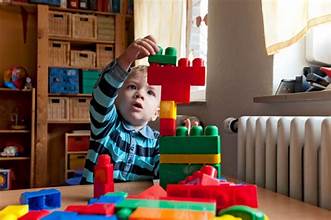When you’re raising an autistic child, toys aren’t just for fun—they’re tools for learning, comfort, and most importantly, connection and joy. I’ve learned this firsthand with my son. What looks like “just play” can actually be a powerful way for him to build new skills, express himself, and feel calm in his own space. Over the years, I’ve discovered a handful of learning toys that genuinely make a difference. If you’re a fellow parent searching for options, here are my top five recommendations.
1. Sensory Fidget Toys
Fidgets may look simple, but don’t underestimate them. My son uses squishy balls and pop tubes during homework time, and they help him stay focused without feeling overwhelmed. These toys give his hands something to do while his brain is processing. If your child struggles with attention or anxiety, fidgets can be an absolute game-changer.

2. Building Blocks (LEGO or DUPLO)
There’s something magical about blocks. My son started with larger DUPLO bricks, and now he loves LEGOs. Building helps him with problem-solving, patience, and creativity. I’ve noticed it also encourages speech—he’ll talk me through what he’s making, which doesn’t always happen during other activities. Plus, building together has become one of our favorite bonding times.

3. Weighted Plush Animals
Weighted toys aren’t just cuddly—they’re calming. We have a weighted stuffed dog that my son keeps on his lap while reading or winding down before bed. The gentle pressure is soothing, like a hug, and helps him feel safe. For children who experience sensory overload, these toys can provide the grounding comfort they need.

4. Cause-and-Effect Toys
Toys that light up, spin, or make sounds when pressed are great for teaching cause and effect. I’ll never forget the smile on my son’s face the first time he realized, “I press this button, and it makes music!” These toys not only boost understanding but also spark joy and confidence. They’re invaluable for kids who need extra encouragement to explore and engage.

5. Puzzles and Matching Games
Puzzles are excellent for developing patience and problem-solving skills. My son enjoys simple wooden puzzles with chunky pieces, and over time, he’s worked his way up to more detailed ones. Matching games, too, are great for memory and focus. These types of toys are gentle ways to practice persistence without overwhelming your child.

Final Thoughts
Every autistic child is different, so what works for mine may not work for yours—and that’s okay. The key is finding toys that support your child’s unique needs while also bringing them joy. I’ve found that when my son is engaged and happy with a toy, he learns naturally, without it ever feeling forced.
If you’re just starting your search, I encourage you to approach it with a positive mindset. Start by choosing one sensory-based toy, one building toy, and one calming toy to see which ones resonate with you. Over time, you’ll discover which types of play help your child thrive the most.
At the end of the day, it’s not about having the “perfect” toy—it’s about creating moments of connection, comfort, and growth. And those little wins? They add up to something truly amazing.




